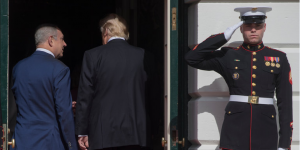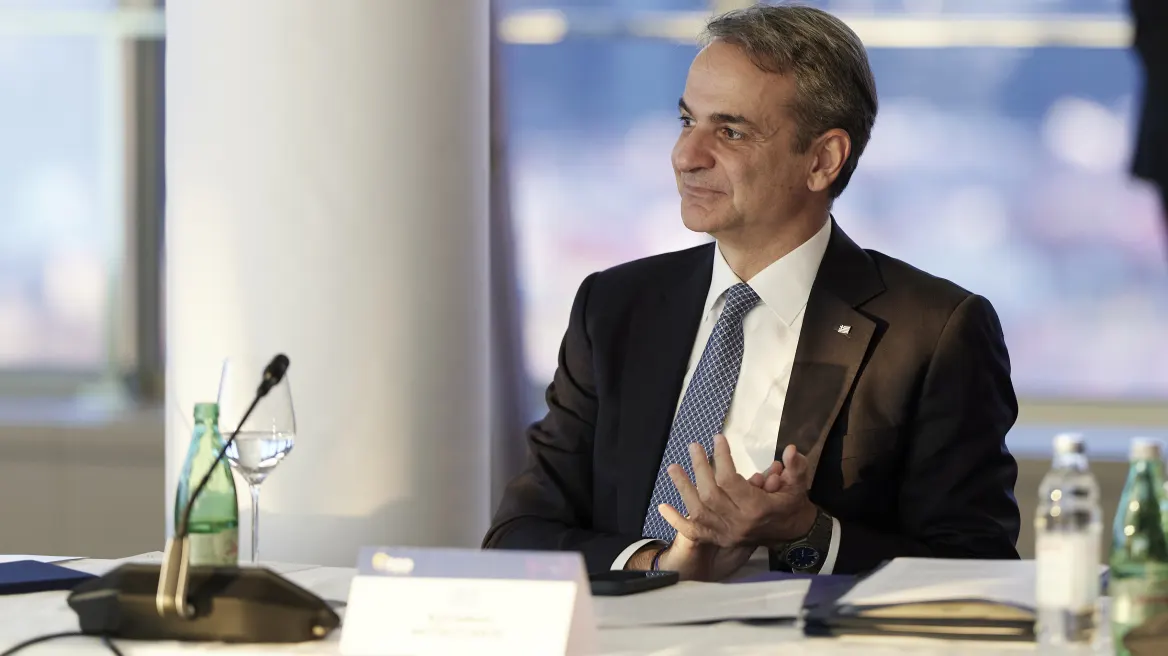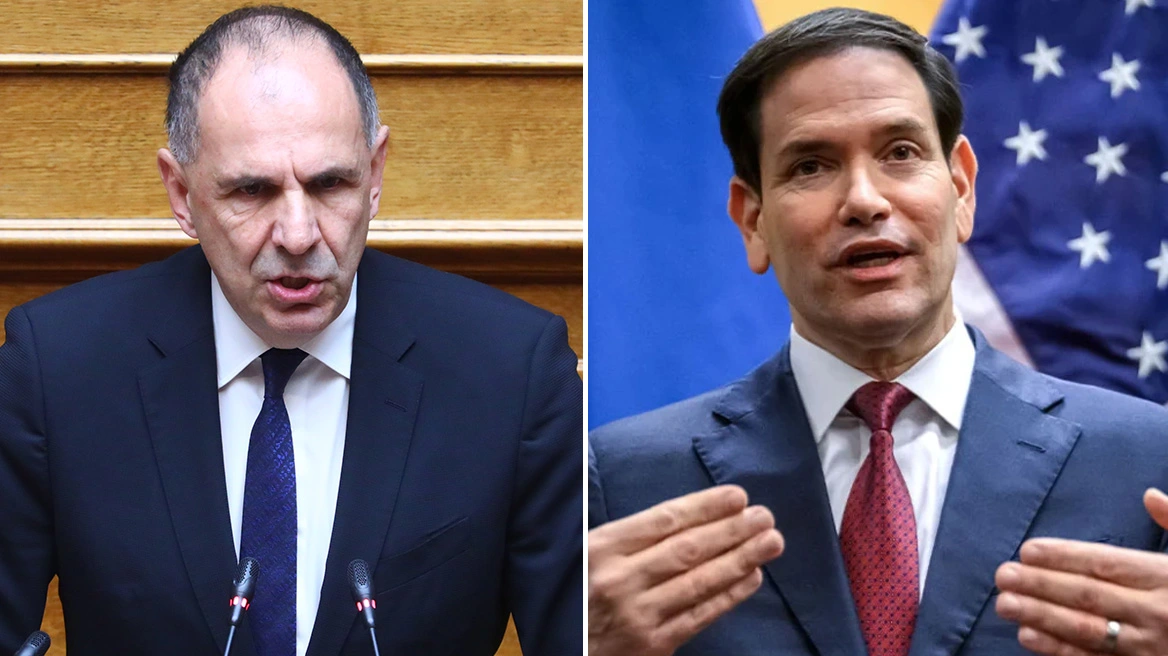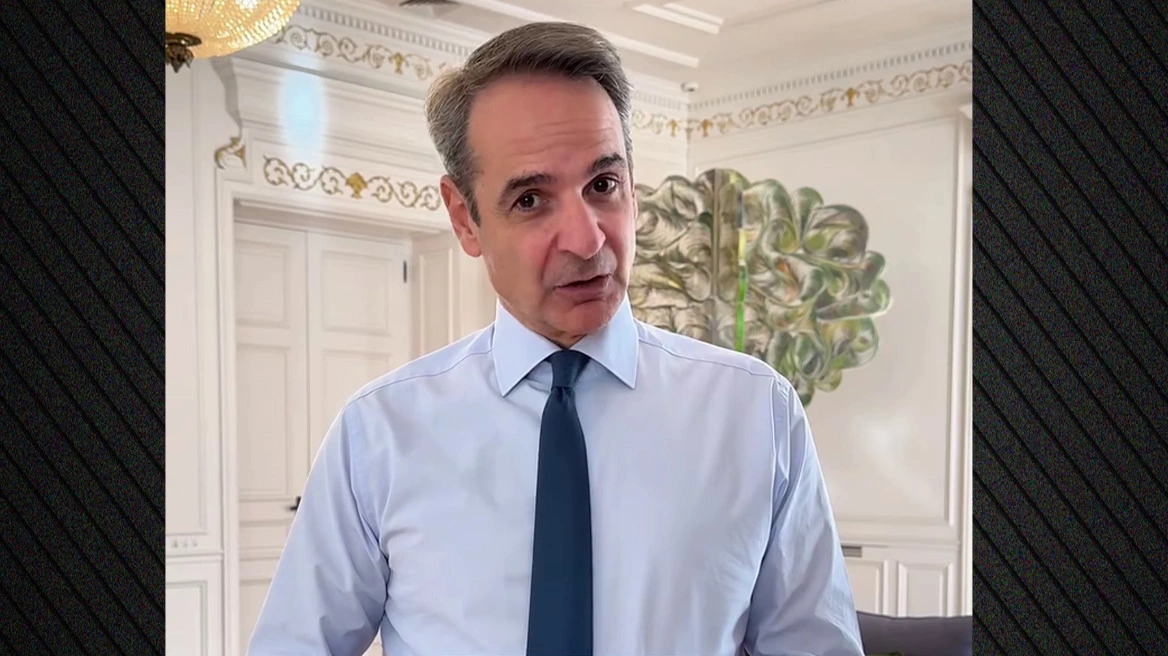The classified intelligence that President Trump disclosed in a meeting last week with Russian officials at the White House was provided by Israel, according to a current and a former American official familiar with how the United States obtained the information. The revelation adds a potential diplomatic complication to an episode that has renewed questions about how the White House handles sensitive intelligence.
Israel is one of the United States’ most important allies and runs one of the most active espionage networks in the Middle East. Mr. Trump’s boasting about some of Israel’s most sensitive information to the Russians could damage the relationship between the two countries and raises the possibility that the information could be passed to Iran, Russia’s close ally and Israel’s main threat in the region.
Israeli officials would not confirm that they were the source of the information that Mr. Trump shared, which was about an Islamic State plot. In a statement emailed to The New York Times, Ron Dermer, the Israeli ambassador to the United States, reaffirmed that the two countries would maintain a close counterterrorism relationship.
“Israel has full confidence in our intelligence-sharing relationship with the United States and looks forward to deepening that relationship in the years ahead under President Trump,” Mr. Dermer said.
Mr. Trump said on Twitter that he had an “absolute right” to share information in the interest of fighting terrorism and called his meeting with the Russians “very, very successful” in a brief appearance later at the White House.
On Capitol Hill, reaction split along party lines, but even many Republicans indicated that they wanted the White House to show more discipline.
“There’s some alignments that need to take place over there, and I think they’re fully aware of that,” said Senator Bob Corker, Republican of Tennessee and the chairman of the Foreign Relations Committee. “Just the decision-making processes and everybody being on the same page.”
In the meeting last week, Mr. Trump told Sergey V. Lavrov, the Russian foreign minister, and Sergey I. Kislyak, the Russian ambassador, details about the Islamic State plot, including the city in Syria where the ally learned the information, the current official said. At least some of the details that the United States has about the Islamic State plot came from the Israelis, said the officials, who were not authorized to discuss the matter and spoke on the condition of anonymity.
It was not clear whether the president or the other Americans in the meeting were aware of the sensitivity of what was shared. Only afterward, when notes on the discussion were circulated among National Security Council officials, was the information flagged as too sensitive to be shared, even among many American officials, the officials said.
Intelligence officials worried that Mr. Trump provided enough details to effectively expose the source of the information and the manner in which it had been collected.
Lt. Gen. H. R. McMaster, the national security adviser, defended Mr. Trump’s move, saying the president made a spur-of-the-moment decision to tell the Russians what he knew and did not expose the source of the intelligence because he was not told where it came from.
Moreover, General McMaster said that by discussing the city where the information originated, the president had not given away secrets. “It was nothing that you would not know from open-source reporting in terms of a source of concern,” he said. “And it had all to do with operations that are already ongoing, had been made public for months.”
Read the article HERE
Ask me anything
Explore related questions





